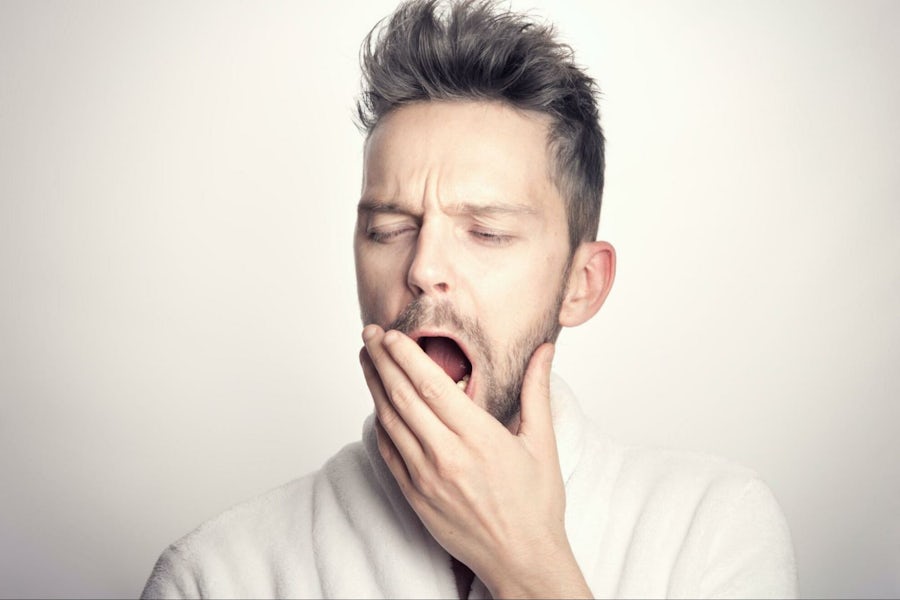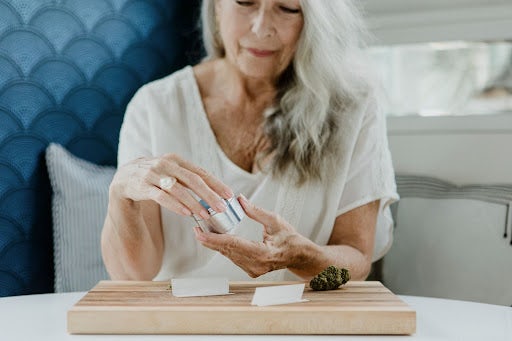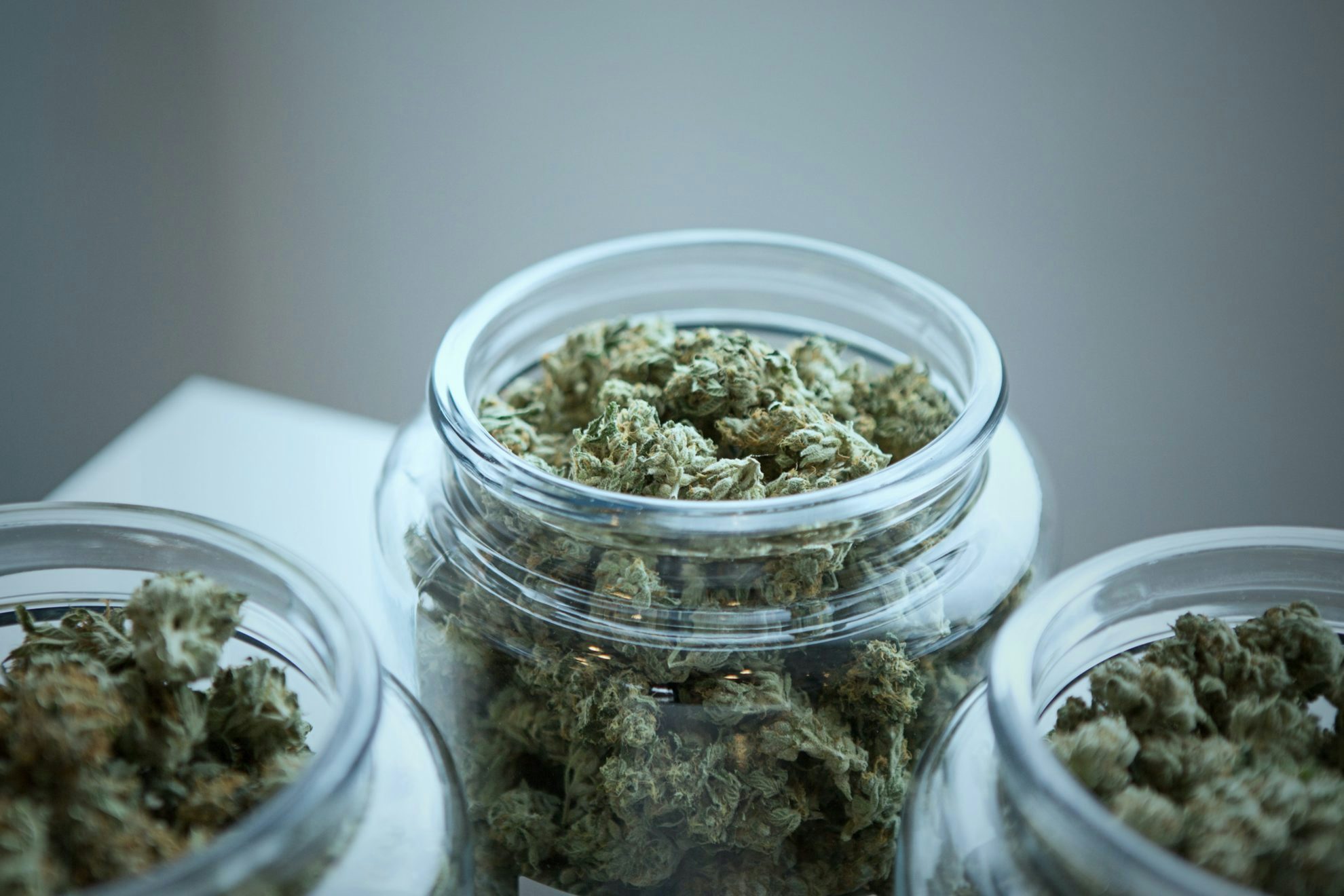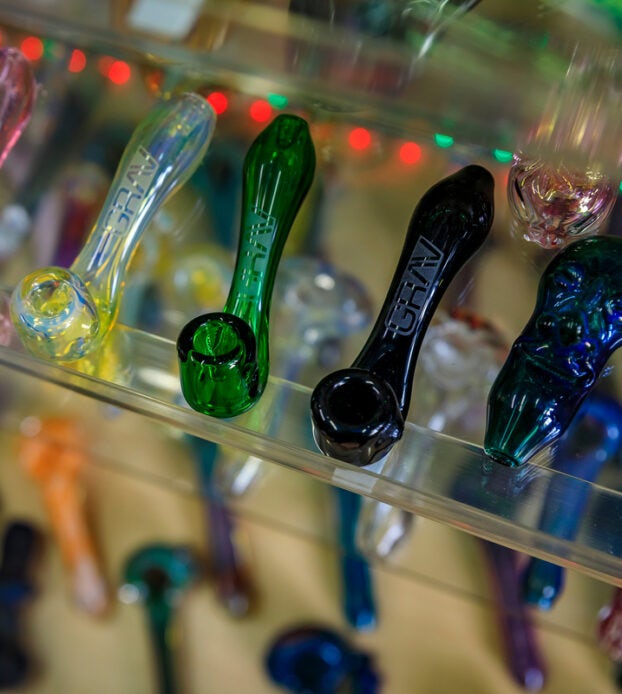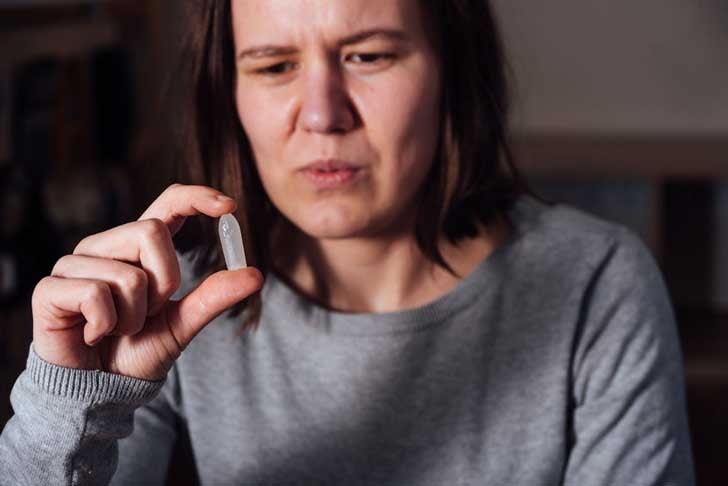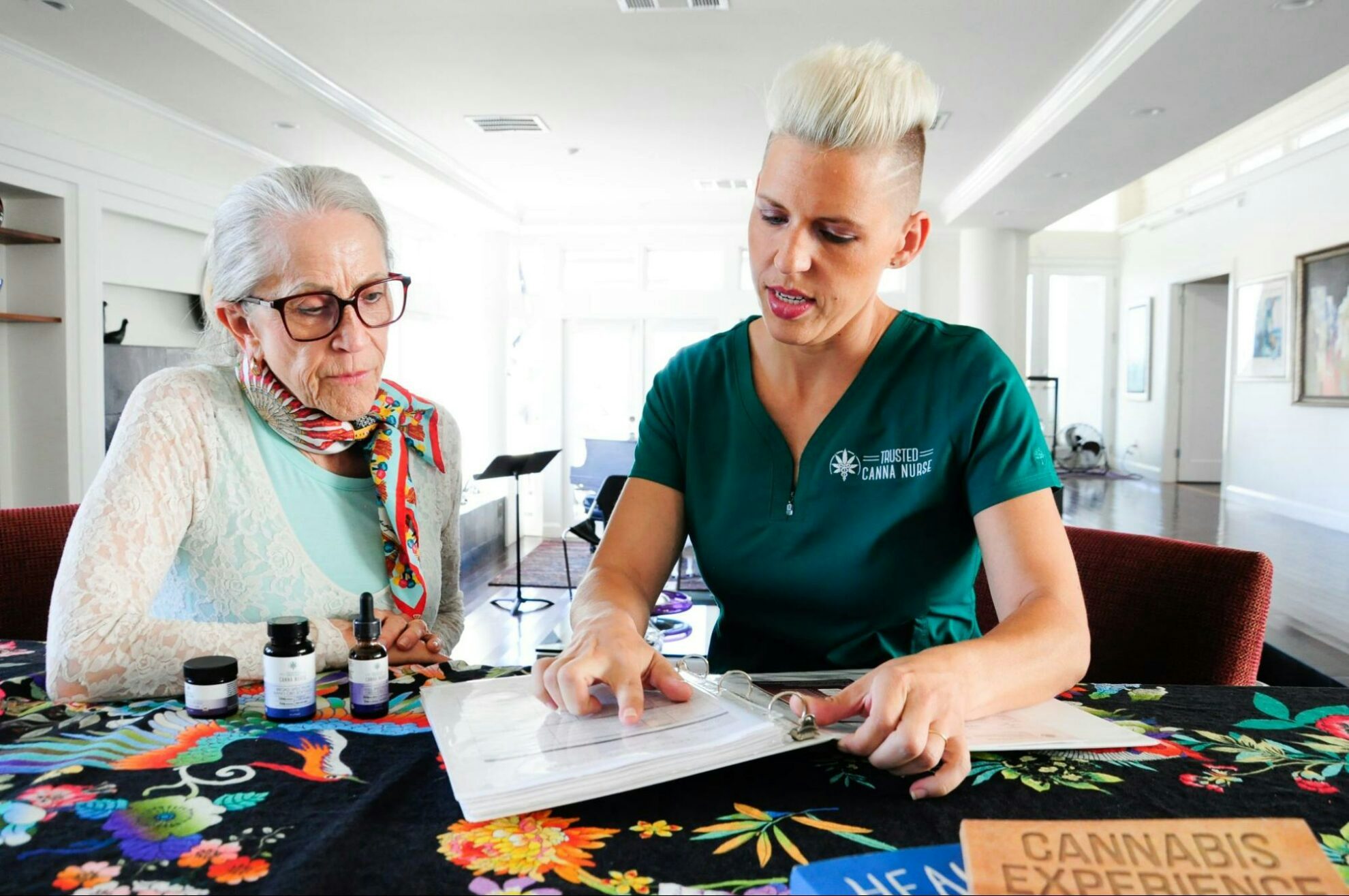The use of both cannabis and melatonin to fall asleep and stay asleep is hardly news. Cannabis has been used for relaxation for millennia, and the use of melatonin supplements increased by over 500% between 1999 and 2018. So it’s not surprising that products that combine cannabis and melatonin are making their way into legal marketing – and according to real-world data (RWD) gathered in a recent campaign on The Cannigma, it’s a winning combination. 1
In July this year, we invited Cannigma readers to try DEEP SLEEP Full Spectrum+ Gummies by FOCL, and answer questions about sleep disturbances over a 4-week period. During the first week of the evaluation, prior to starting the product, participants were asked about their sleep to measure a before-and-after impact, and assess whether sleep improved with regular use.
And indeed – the results were overwhelmingly positive, with 105 people from The Cannigma community completing the study and reporting an average of 108 minutes more sleep each night – yes, 1 hour and 48 minutes – and also experienced significant improvements in sleep quality and overall well-being.
What’s in FOCL’s DEEP SLEEP, Full Spectrum+ Gummies?
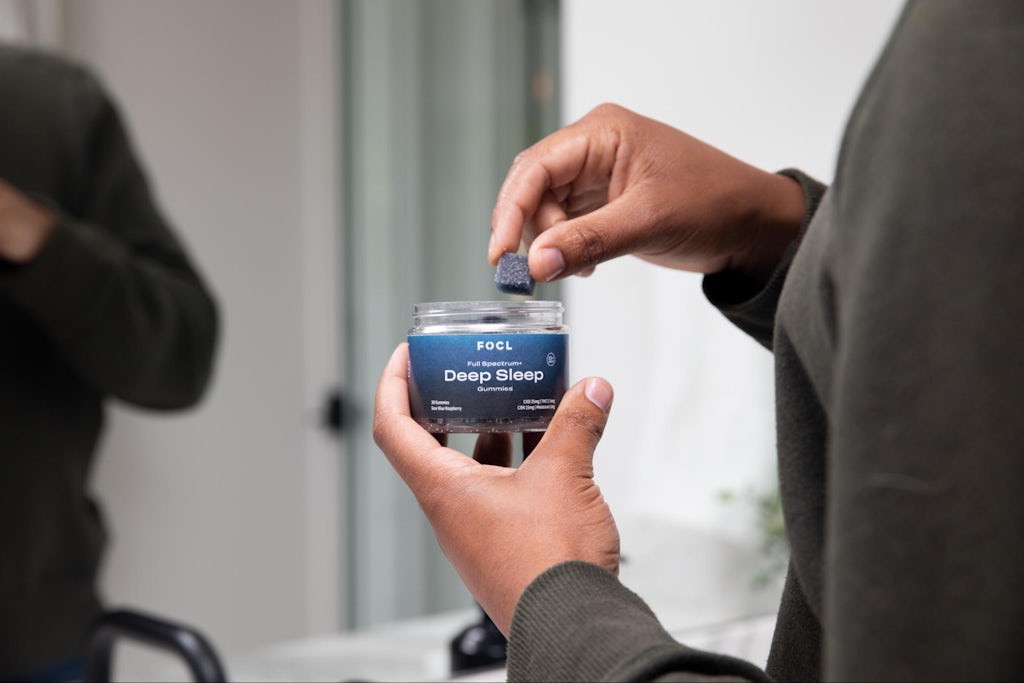
So what’s in these gifted gummies? The unique formulation combines a tiny dose of melatonin with a blend of cannabinoids, including CBD, CBN, and THC, along with the amino acid L-theanine. The combination aims to utilize the entourage effect theory, which holds that whole plant products are more effective than isolates.
The study, which was carried out by MoreBetter, creators of the Releaf App, showed that the dose of THC was low enough (2.5mg) to avoid producing a “high” in the vast majority of participants. Or as one participant testified, “I like that the THC content is low (I’m a lightweight 😂) but the higher CBN/CBD content really helps keep me asleep longer and doesn’t give me the weed hangover like the normal weed market gummies do.”
More sleeping hours and less wakeups
There was a clear improvement in sleep measures within the study. While the data collection effort did not include a control group, the prime findings were found to be statistically significant – ie not simply due to chance. The average level of sleep disturbance was 58.67 on the PROMIS (Patient-Reported Outcomes Measurement Information System) scale, which is a validated method designed to evaluate physical, mental, and social health.

After three weeks of taking the DEEP SLEEP gummies, the average PROMIS score had decreased to 52.87, a six-point reduction representing a statistically and clinically significant change, bringing the average participant’s PROMIS score down from the “mild” sleep disturbance bracket to “none to slight.”
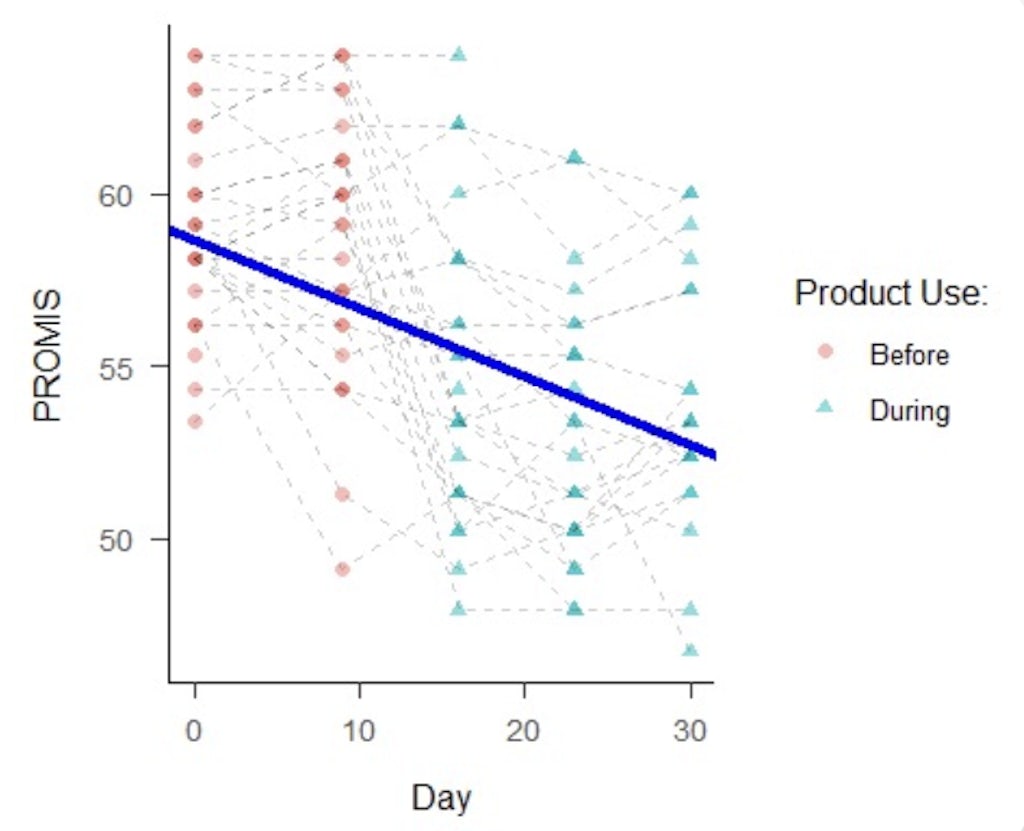
The data also showed a statistically significant increase on the WHO-5 Well-being index, a validated measure to assess patient quality of life that ranges from 0 to 100, with 0 being wholly unwell and 100 representing the highest possible quality of life. Participants taking the DEEP SLEEP product showed a whopping 27-point increase by the last day of product use, increasing on average from 37 up to 64. In other words, after a good night’s sleep, they were feeling significantly better about their circumstances. “These gummies have helped with my sleep and make me feel better throughout the following day,” one user shared at the end of the campaign.
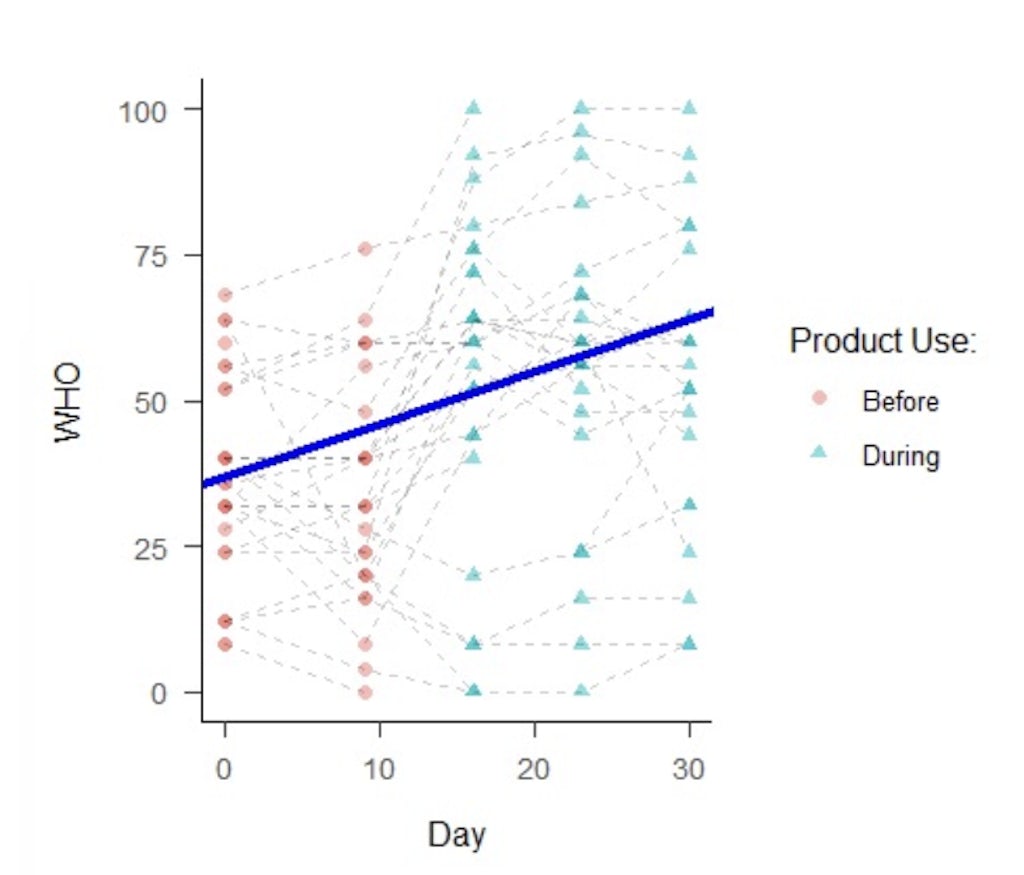
When it comes to hours of sleep per night, the DEEP SLEEP product lived up to its name. Participants reported an average of 5.52 hours of sleep before trying the gummies, and by Day 29 of the campaign, the average number of sleep hours was 7.32 – a 108-minute increase in sleep hours. Sleeping less than 7 hours each night, like our group at the beginning of the three weeks, is associated with diabetes, heart disease, depression, pain, and even early death. This improvement in sleep duration is a big deal. 2
In addition to total sleep time, participants reported both falling asleep easier, as well as having an easier time falling back asleep when they woke up during the night. “I was pleasantly surprised at how easy it was to incorporate these into my nightly routine and how well they worked from the first night. I fell asleep quicker and was able to get a deep sleep I’d been lacking. While I did wake during the night, it was easy to get back to my slumber each time,” one participant shared.
CBD, CBN, THC and melatonin for sleep
So what’s working, exactly? Is it the CBD, the CBN, or the melatonin? Or perhaps it’s the inclusion of L-theanine that supported these impressive results. The truth is, we don’t know. And that’s why data collection efforts like this are so important – we’re adding to the body of anecdotal, clinical and real world evidence that makes up our understanding of the cannabis plant and its therapeutic applications.
When combined with what we know from clinical research, the results of this melatonin-infused cannabis product are even more interesting. While many people take melatonin supplements regularly for a variety of reasons, including general trouble sleeping, jetlag, and insomnia, evidence supporting this practice is weak. A couple of meta-analyses reviewing studies comparing melatonin to placebo showed that melatonin may augment the natural process of reducing circadian arousal, thus helping people to fall asleep more quickly. However, the benefit of melatonin on sleep usually appears to be mild (about 4-12 minutes) – not so compelling when compared to the 108 minutes of extra sleep found during this data collection engagement. 3
One of the more common issues that people report with both cannabis- and melatonin-based sleep aids is lingering grogginess in the morning, which makes perfecting the formulation so important in a sleep gummy. According to testimonials gathered during the campaign, FOCL seems to have nailed it on this point. “They helped me fall asleep, and stay asleep, with very little grogginess in the morning,” reported one user. “I found them to be better than melatonin or pain relief/sleep combo. They work fast and did not leave me feeling groggy,” said another.
As anyone who’s ever struggled with sleep knows, poor sleep can have broad negative effects on our health – so when sleep improves, overall wellbeing tends to get a big bump. And indeed, the results of the FOCL data collection effort support this view, with reports that the product reduced the severity of general pain, anxiety, and arthritis pain.
So it was hardly surprising that at the end of the test period, 75% of respondents said that they intended to keep using the product, and 84% said they were likely to recommend it to others.
But it wasn’t all sunshine and lollipops. There were a total of 91 reports of negative experiences (out of 1947 total experience reports), including hangover effects, dry mouth, headache and fatigue. The average severity of these negative effects was rated a 4 out of 10; a risk most insomniacs would be willing to take in exchange for better sleep.
So, should you try CBD+CBN gummies for sleep?
As we gather more and more data about cannabis and hemp products, it’s getting easier and easier to understand which products work for which application – but it’s still a matter of trial error. Your body is unique – including your the endocannabinoid system, which is how cannabis interacts with the human body. So you might like the first product you try, or you might need to try a few until you find something that meets your specific needs.
The good news is, we’re starting to hone in on some formulations that work for most people – as the results of this data collection effort reflect. So if you’re struggling with getting to sleep and staying asleep, FOCL’s DEEP SLEEP gummies could be a good fit for you, just like most of the participants in this campaign.
Sources
- Li J, Somers VK, Xu H, Lopez-Jimenez F, Covassin N. Trends in Use of Melatonin Supplements Among US Adults, 1999-2018. JAMA. 2022;327(5):483–485. doi:10.1001/jama.2021.23652
- Colten, H. R., Altevogt, B. M., & Institute of Medicine (US) Committee on Sleep Medicine and Research (Eds.). (2006). Sleep Disorders and Sleep Deprivation: An Unmet Public Health Problem. National Academies Press (US).
- Buscemi N, Vandermeer B, Hooton N, et al. The efficacy and safety of exogenous melatonin for primary sleep disorders. A meta-analysis. J Gen Intern Med. 2005;20(12):1151-1158 ; Brzezinski A, Vangel MG, Wurtman RJ, et al. Effects of exogenous melatonin on sleep: A meta-analysis. Sleep Med Rev. 2005;9(1):41-50.
Sign up for bi-weekly updates, packed full of cannabis education, recipes, and tips. Your inbox will love it.

 Shop
Shop Support
Support